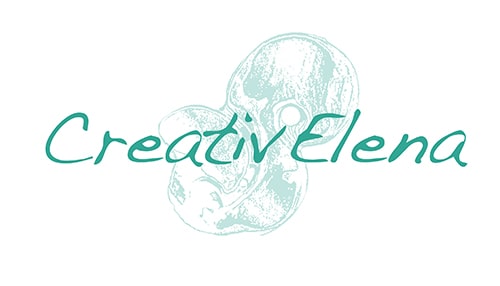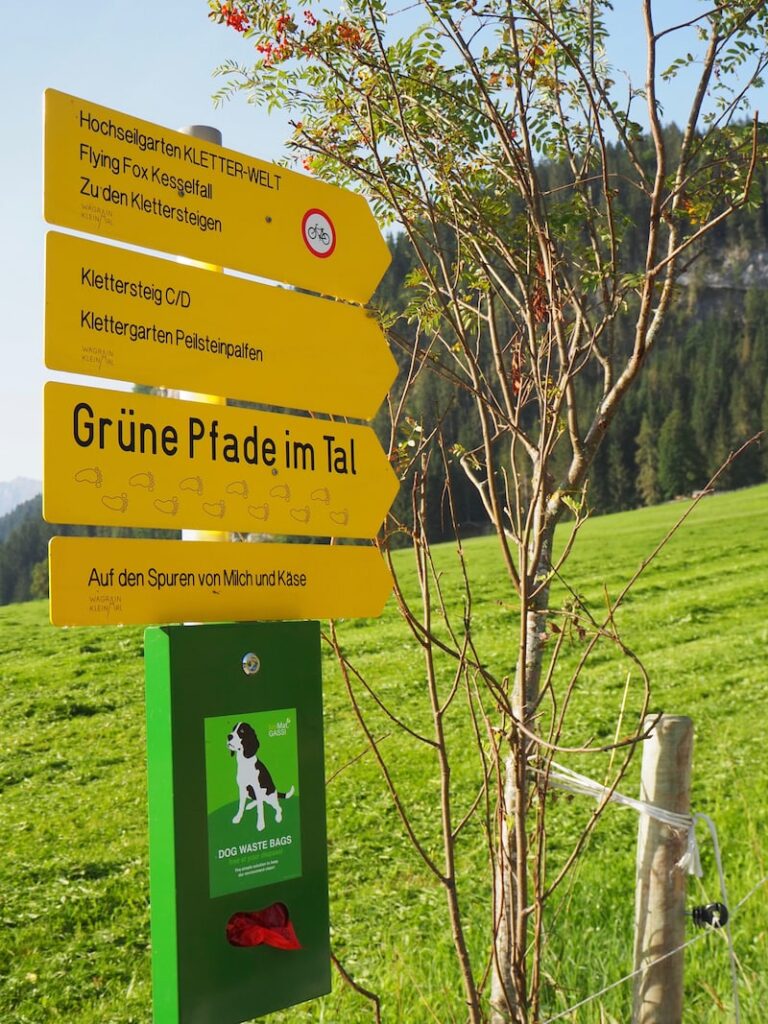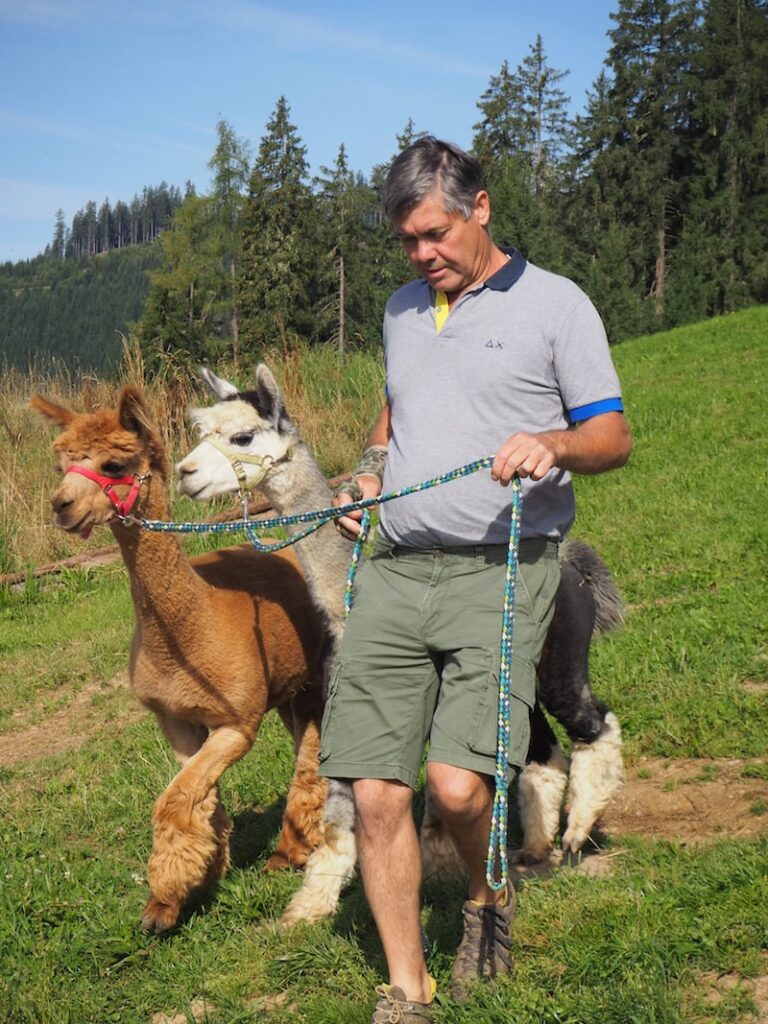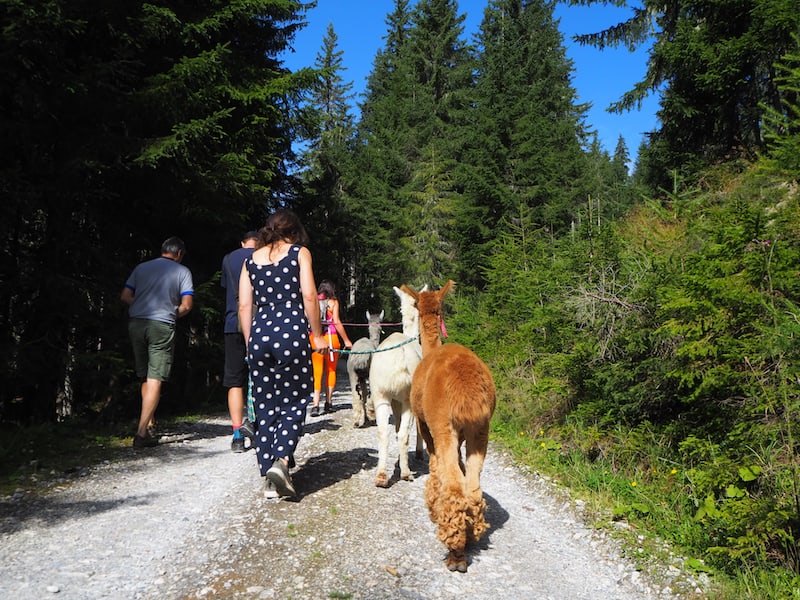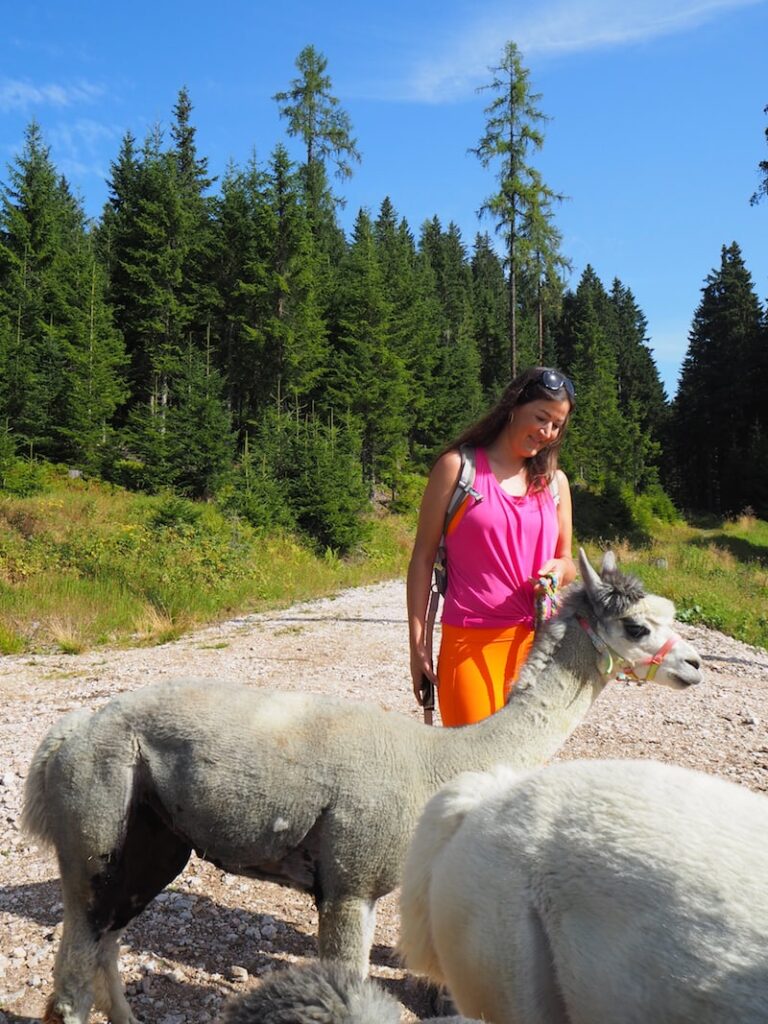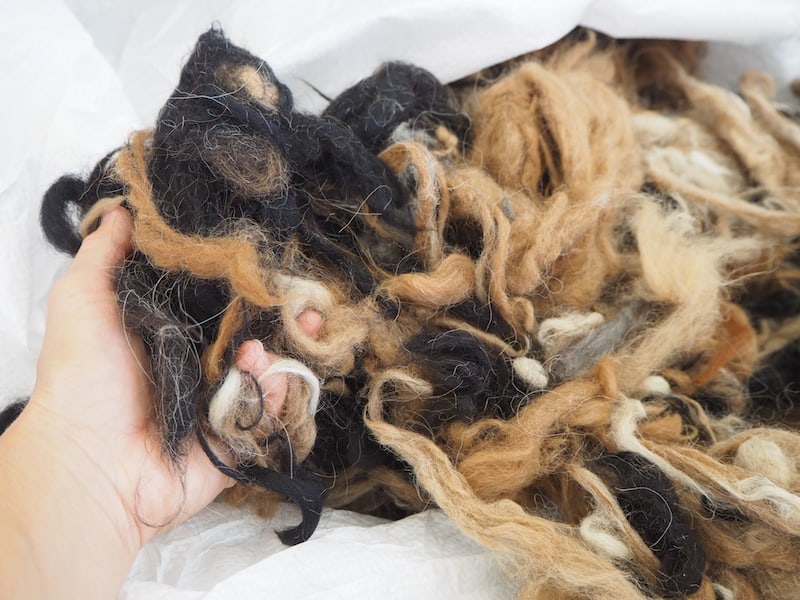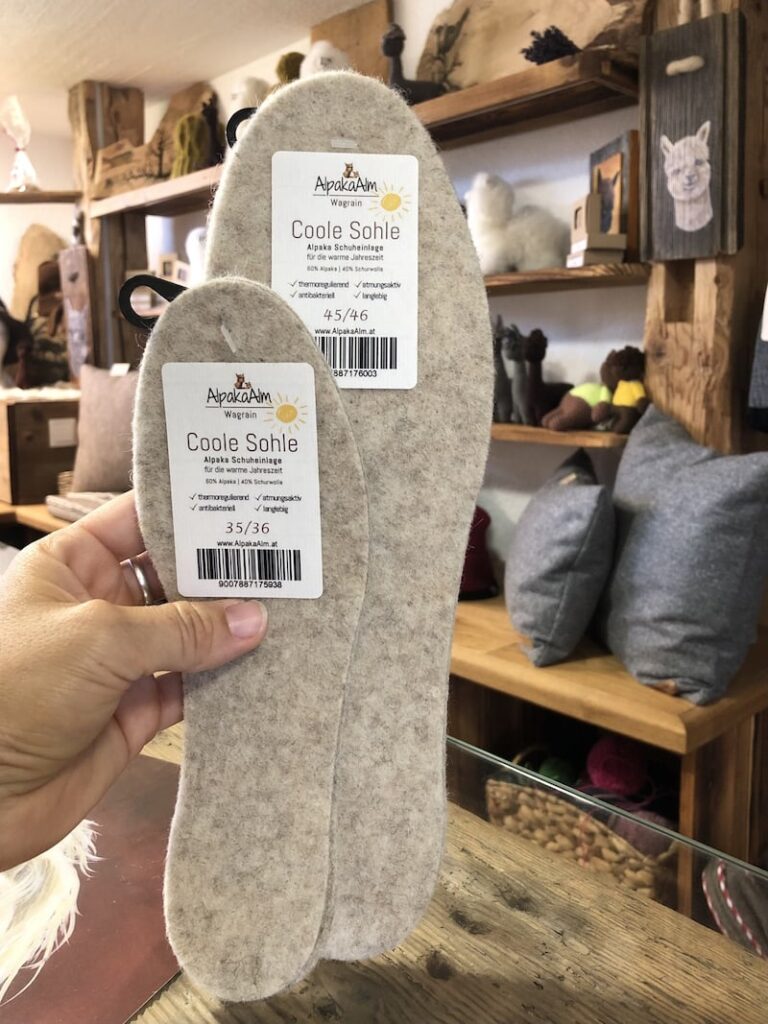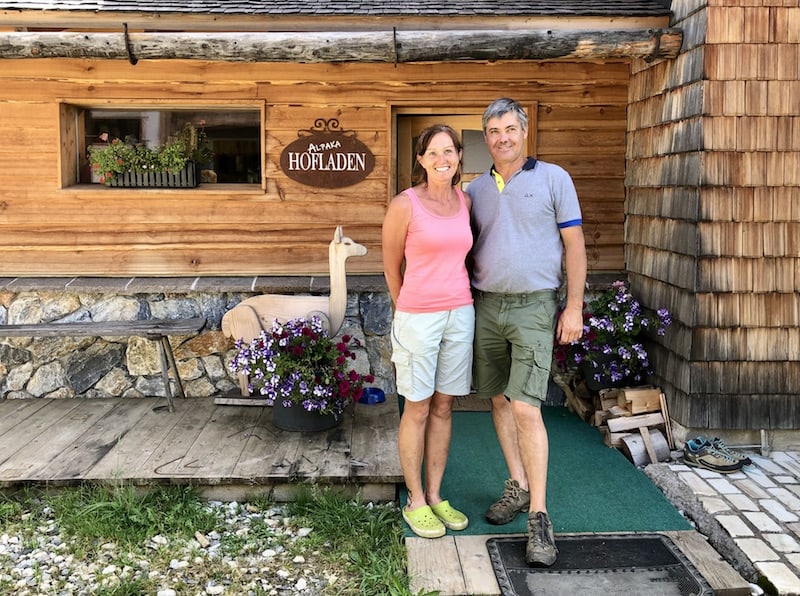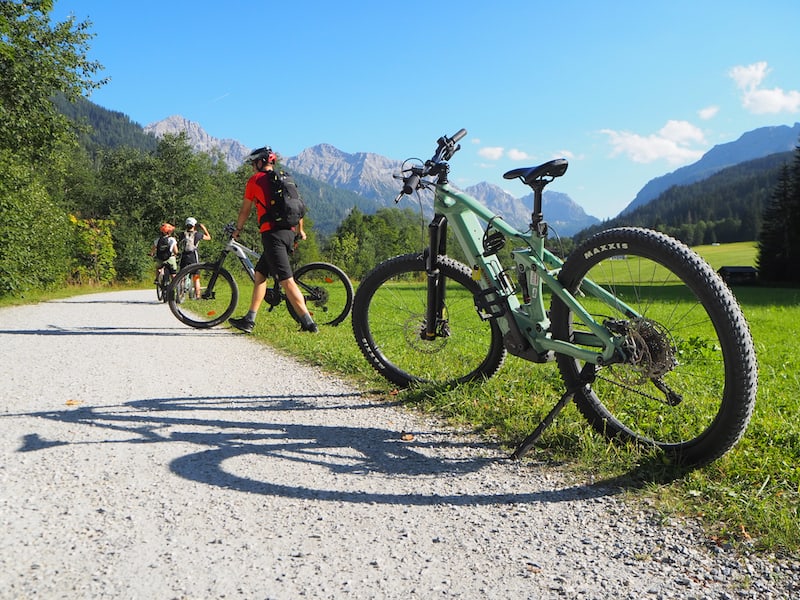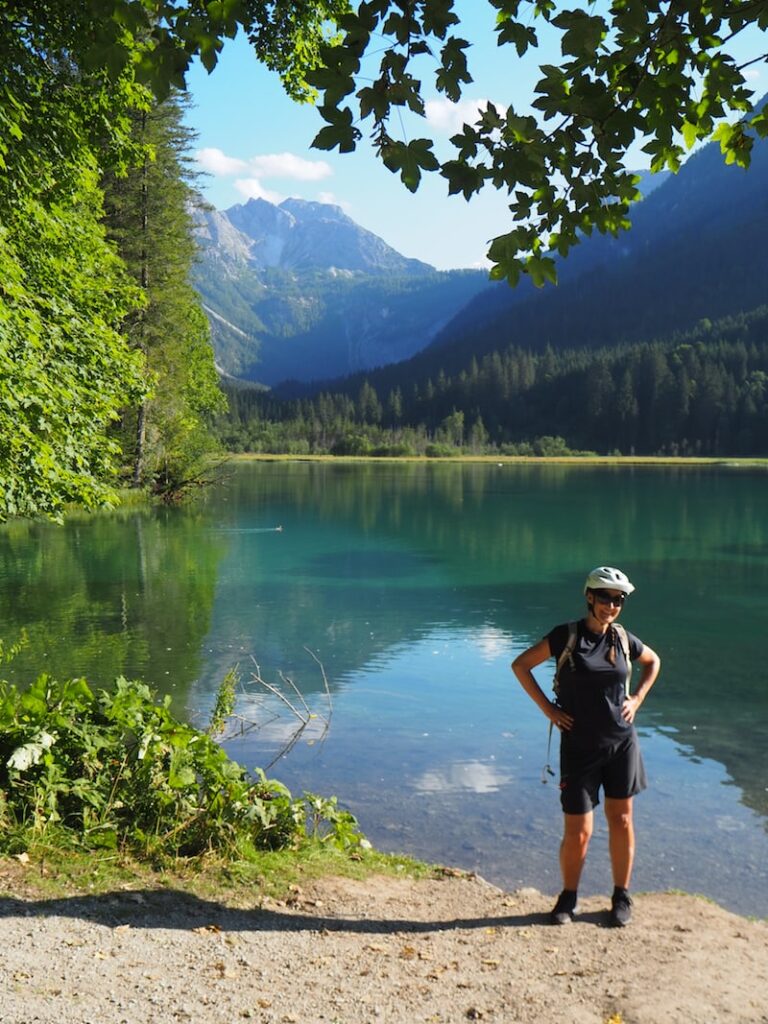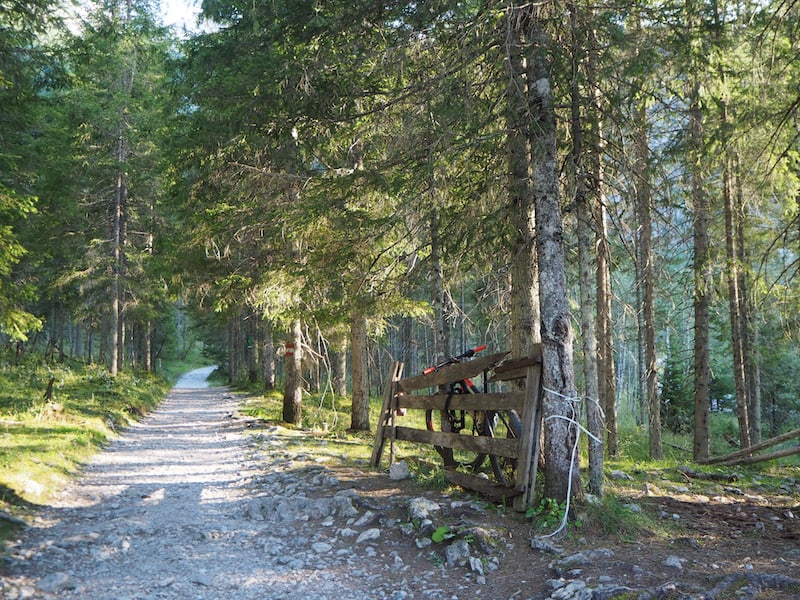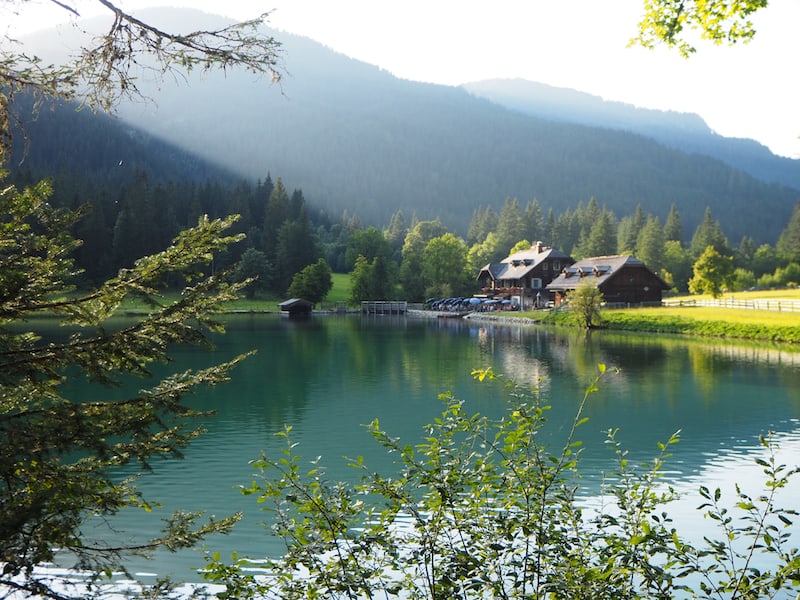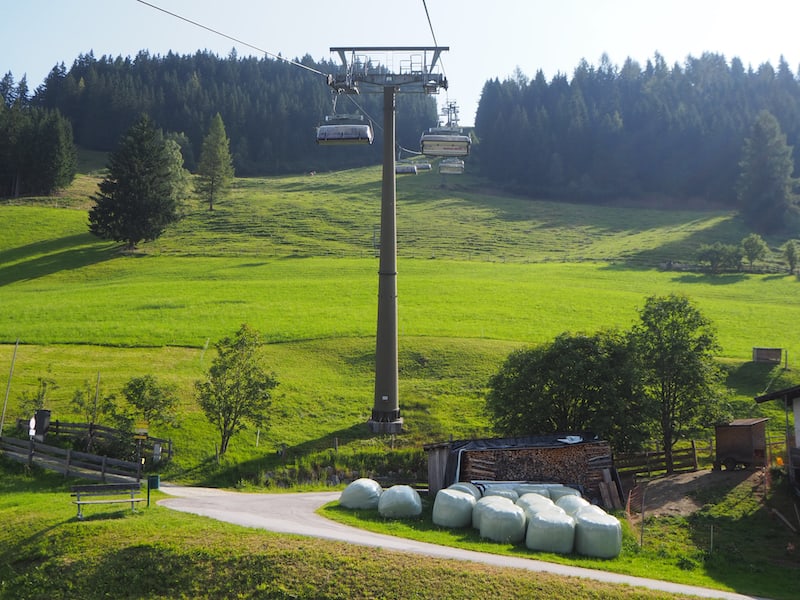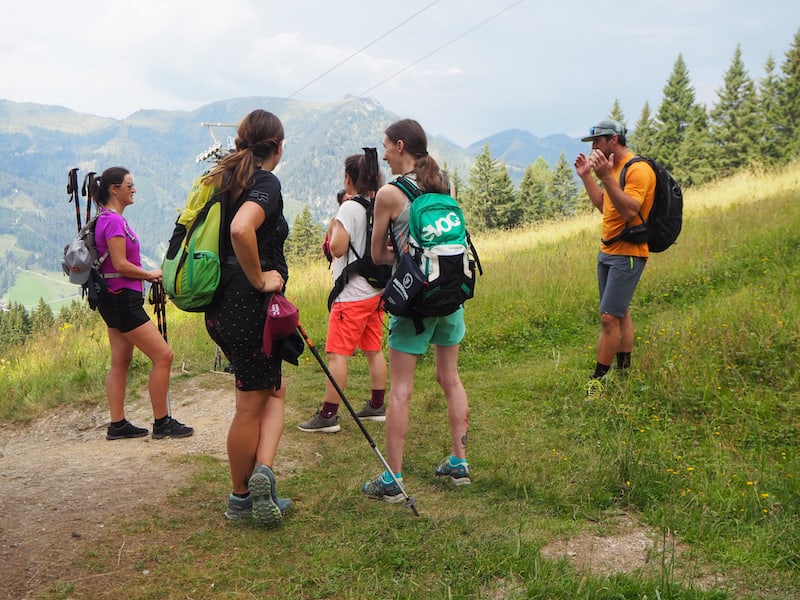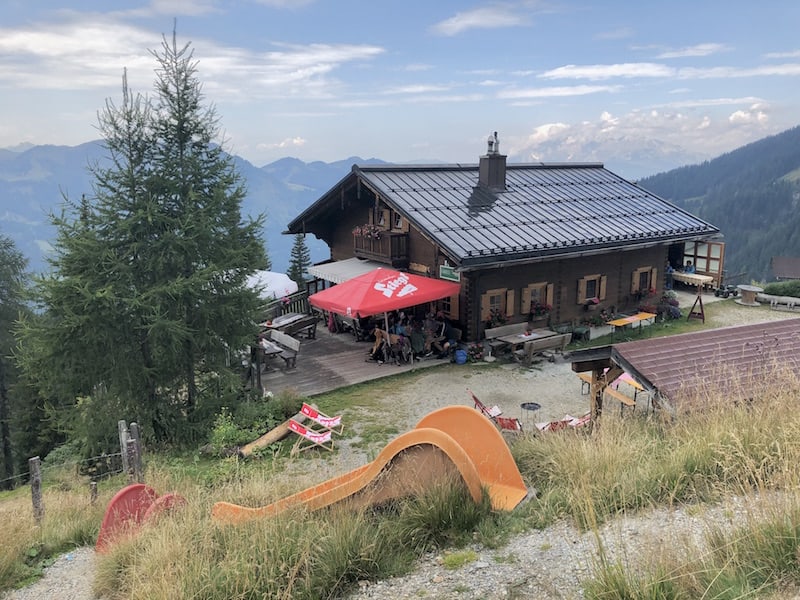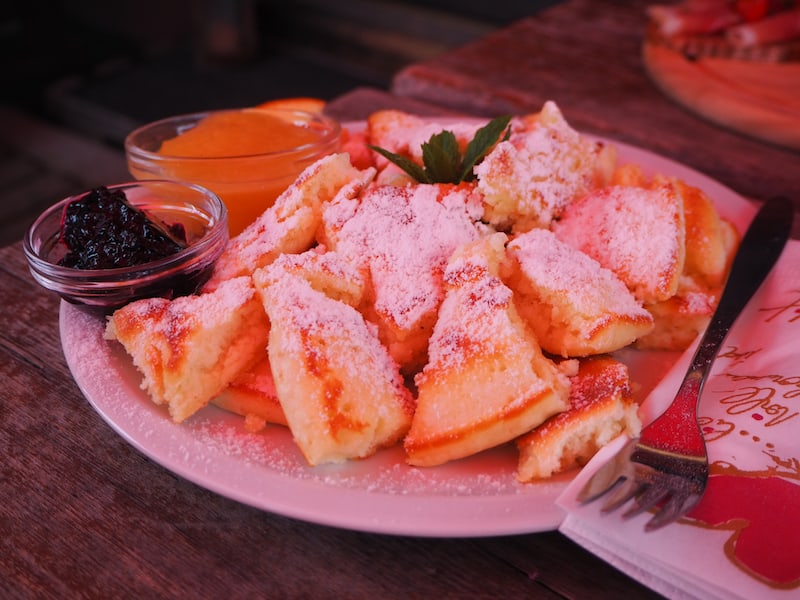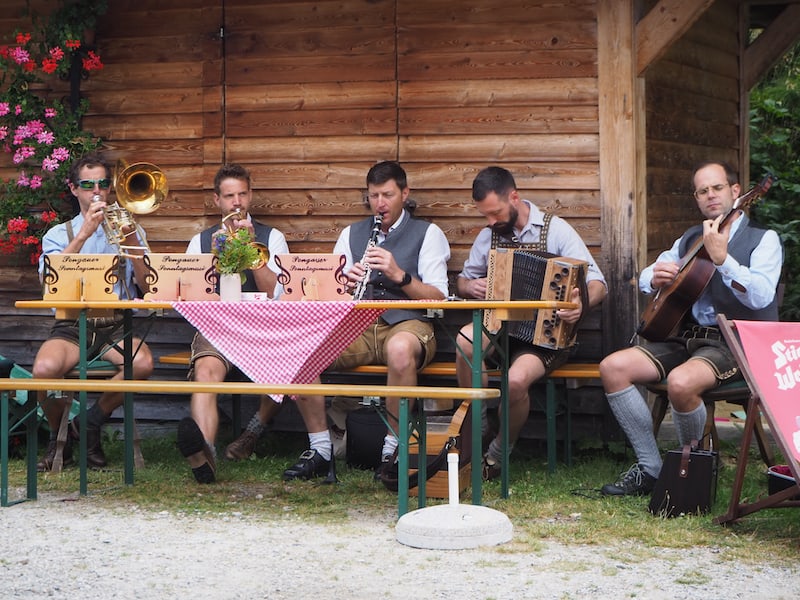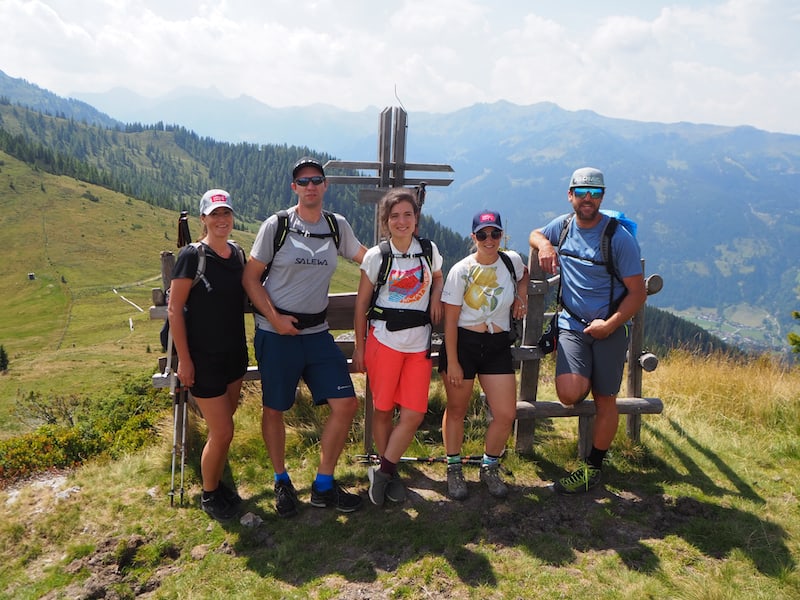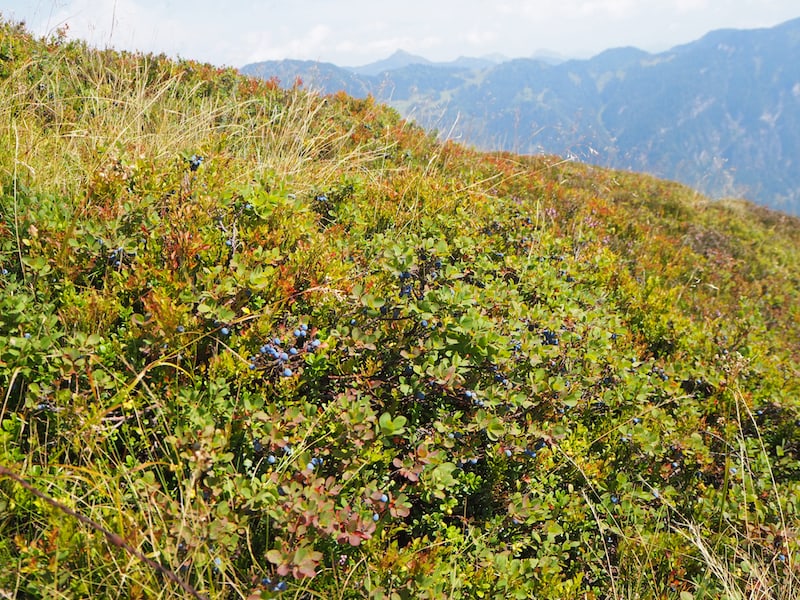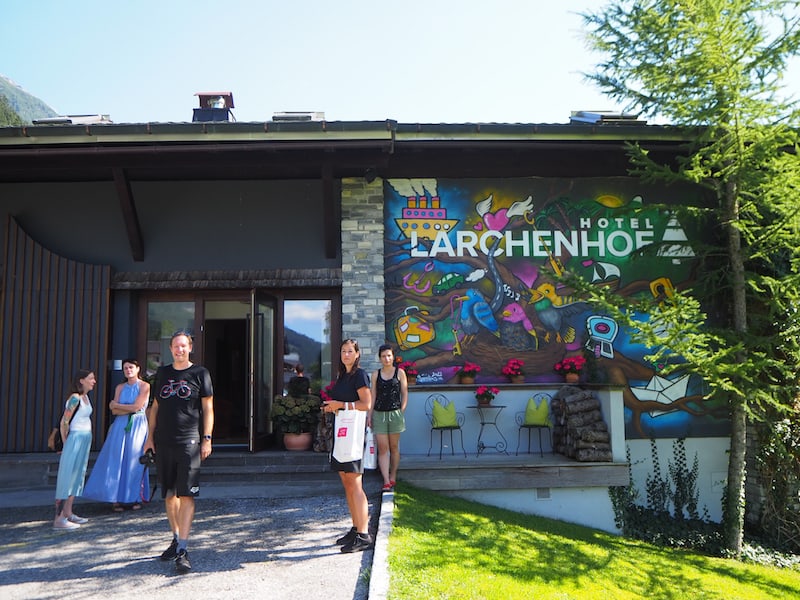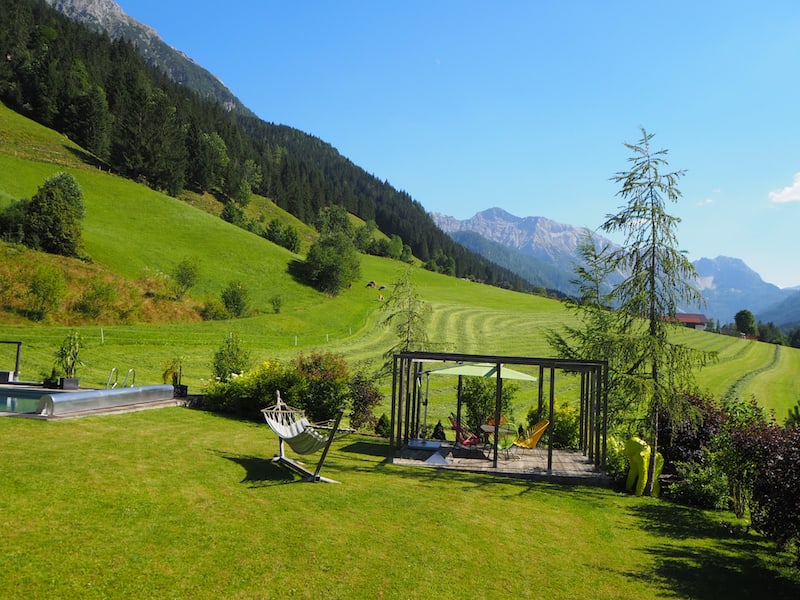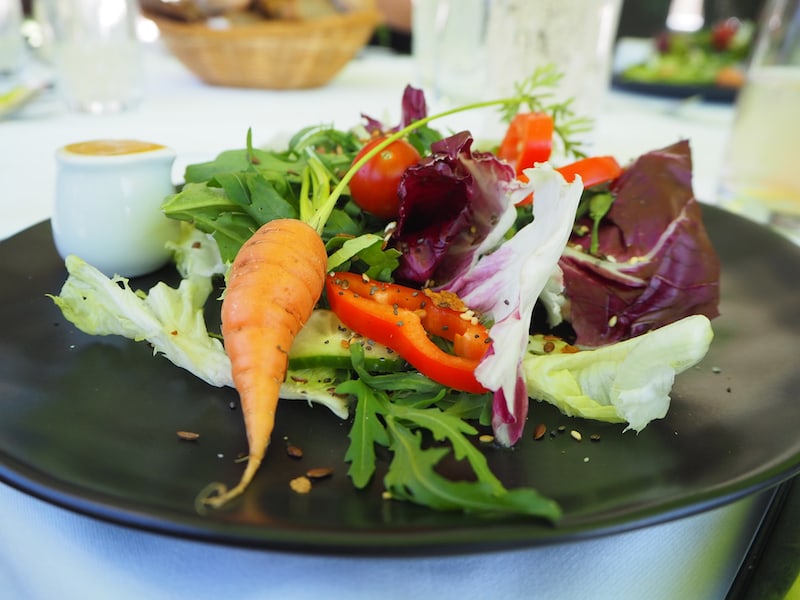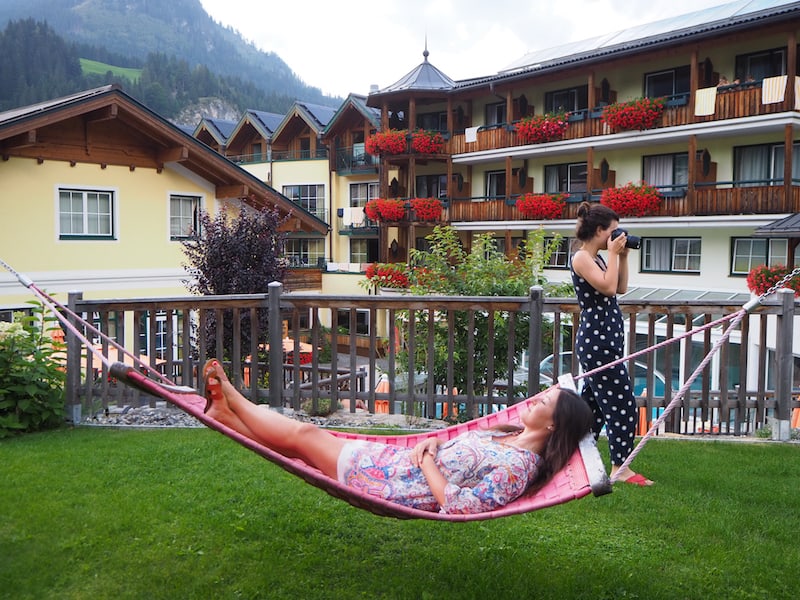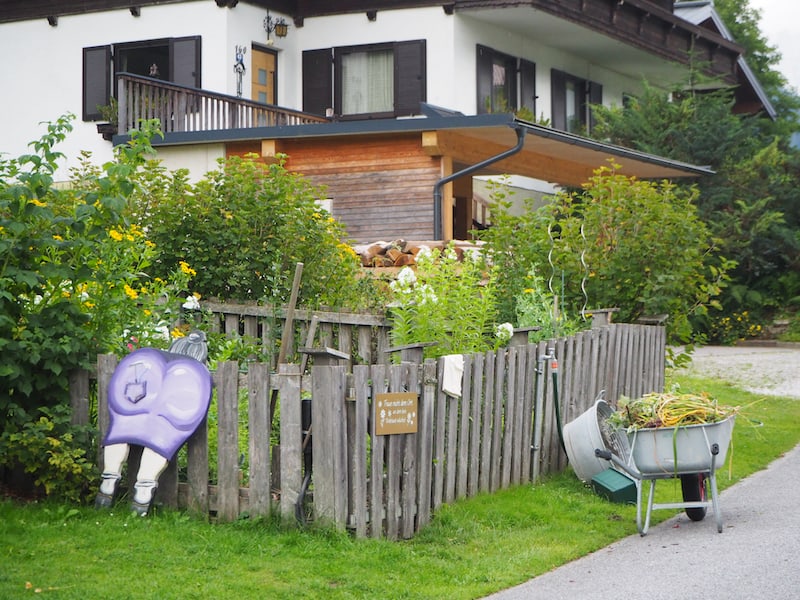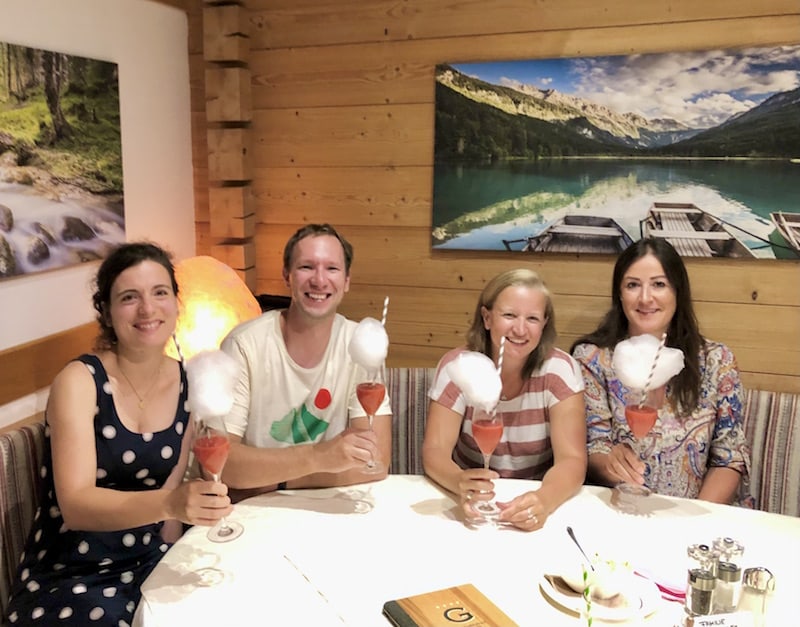Everyone talks about it, everyone wants it, and yet the road is full of questions: (How) Can tourism promote sustainable development? Is such a thing even possible?
We recently went on a trip to the Wagrain-Kleinarl region in Salzburg to find answers to these questions. What does it mean to be certified as Austria’s first Green Destination? To be certified under the Austrian Eco-label for Tourism Destinations, as well as to receive an award as Best Tourism Village by UNWTO United Nations World Tourism Organization?
“We are not celebrating a hall of fame of sustainability or environmental certificates here. It means that we are continuously working on solutions in which tourism contributes to solve environmental issues, and encourages sustainable development – not the other way round. We are concerned with raising awareness and changing behaviour in the entire destination”, I quote the managing director of the Wagrain Kleinarl Tourism Association, Stefan Passrugger.
Truth be told, the commitment is there and already clearly visible to us as guests. As always, it starts with the little things. For example, green mobility is promoted and encouraged throughout the region. The fact that our hosts talk a lot and often about their efforts in promoting sustainable regional development. Or that the local cheese platter served to us during breakfast, and labelled “Organic from the valley“, tastes really really good. No wonder with over 80 certified organic farms in total!
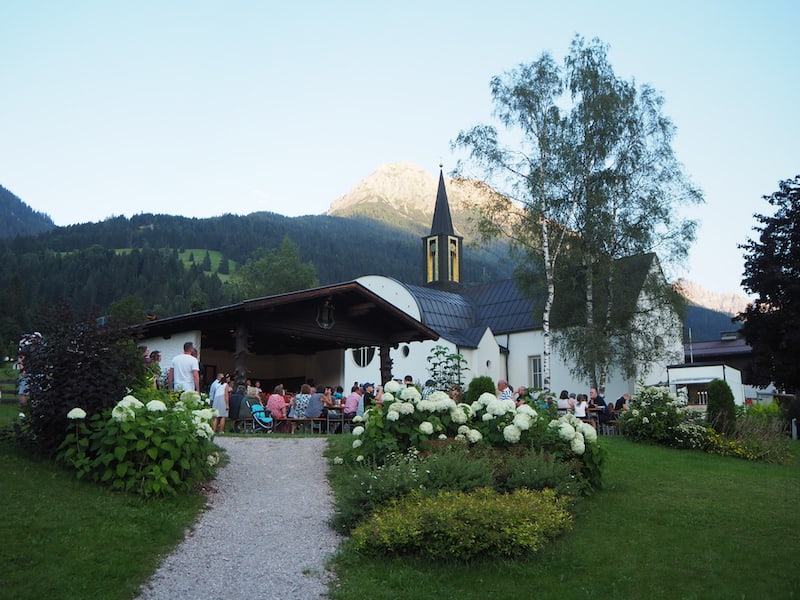
View of the village centre of Kleinarl: Tourism can only contribute to sustainable development if everyone participates and works together on solutions for the future.
Sustainable tourism development in Wagrain-Kleinarl: All partners and awards at a glance.
Wagrain-Kleinarl has achieved what other destinations can only dream of: Making sustainability a priority at all levels. Hotels and other accommodation businesses, excursion destinations, food and restaurant businesses, local producers, mobility partners, even mountain railways: Many bear seals of quality such as the Austrian Eco-Label or the Good Travel Seal of the Global Sustainable Tourism Council (GSTC). Events organised by the Wagrain-Kleinarl tourism board are all certified as Green Events. On the website, you can sign your own sustainability pledge and find out about all the partner companies, awards and activities: www.wagrain-kleinarl.at/en/wagrain-kleinarl/sustainability/sustainability-wagrain-kleinarl.html.
During our stay, we briefly walk along one of the Green Trails in the valley, a relatively new initiative promoting education for sustainable development. The respective information boards show just how much sustainability is already anchored in Wagrain-Kleinarl.
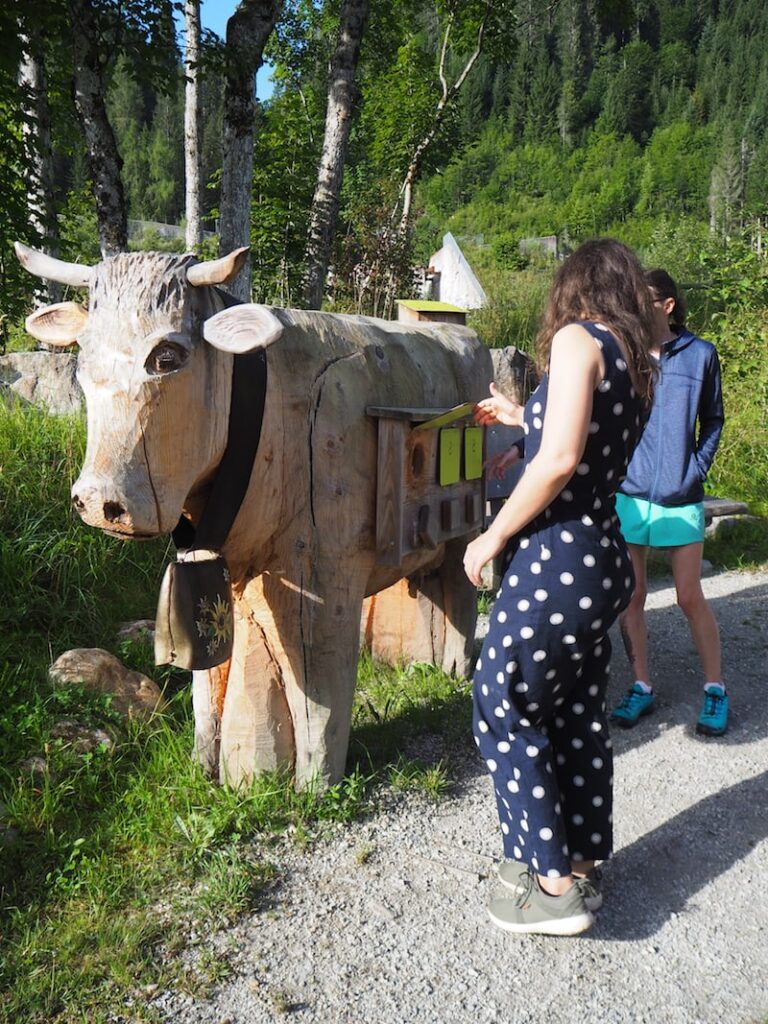
… encourage children and adults to learn more about the sustainability efforts of the local destination.
Our visit to the local Kitzsteingut Alpaca Farm: Sustainable, Organic, Alpacas?
Alpacas and sustainable development? It doesn’t really make sense to me at first. What are “New World camels” doing as sustainable grazers in the European Alps?! “Well, for a start, they feel extremely comfortable here”, Bernhard Maurer explains with a wink. He has been managing his alpaca farm organically and sustainably for the past 10 years. All of his high-quality alpaca wool is processed directly on the farm, all of his water comes from the farm’s own spring. Photovoltaic power plants support him on his way to complete self-sufficiency. You may also spend the night directly on his Kitzsteingut organic farm: A holiday home with a view of the mountains and alpacas is available right next to the alpaca farm shop.
His view of alpacas is rather pragmatic, not necessarily a “cute and cuddly one”. He says, “Alpacas do not like cuddles, you see. The girls have their babies, they take care of the little ones, they work enough so I leave them in the stable and on the pasture to graze. The boys are there for the hikes, they have to work,” Bernhard smiles, him who travels all over Austria during spring to help shear alpaca wool.
During our alpaca hike through the forest, leading alpaca Merlin on a leash, I listen to his stories, rapt. Bernhard talks with joy about what makes alpacas so special, how he lives and understands sustainable development on his farm and what alpacas have taught him: To be satisfied and happy with what is.
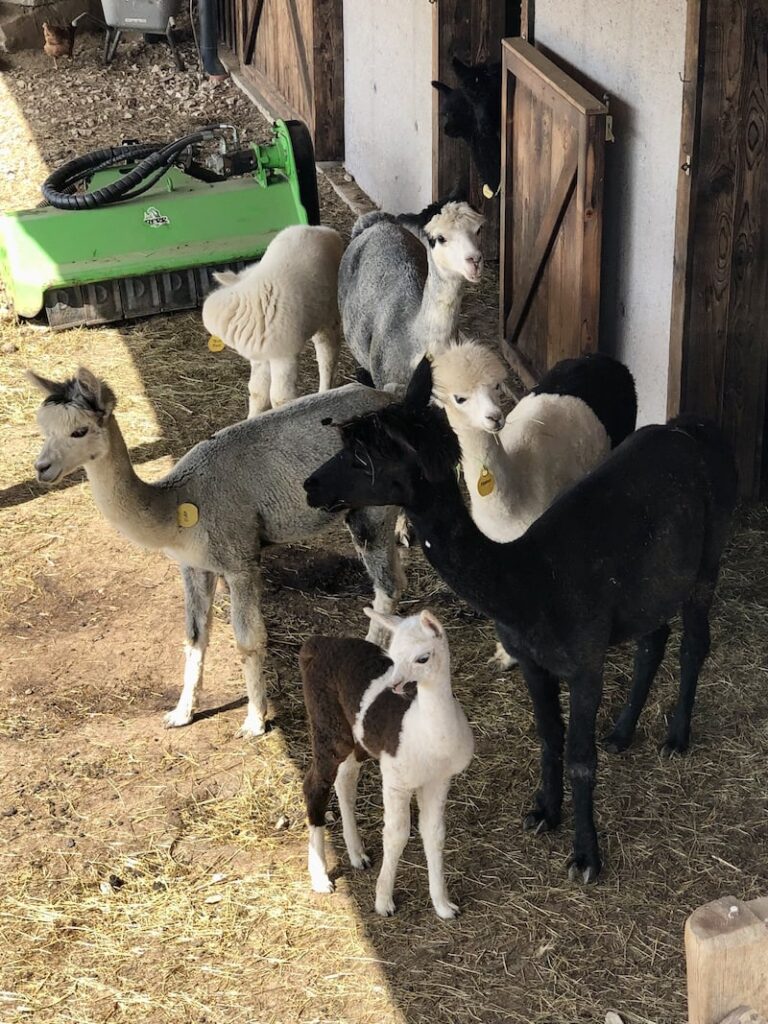
The girls mostly remain in the stables or on the pastures, pictured here with a young alpaca just a few days old.
More eco-friendly things to do: E-Bike tour to Jägersee Lake, hiking up to Weissenhofalm hut.
Another sustainable travel activity I can recommend is taking a ride with e-bikes to Jägersee Lake. The cycling path along the valley floor is beautiful, the lake itself even more so. In my opinion – and I know many places in the Alps – Jägersee Lake is one of the most beautiful mountain lakes in all of Austria. Of course, I let you be the judge of that yourself.
Riding our e-bikes to the car park in front of Tappenkarsee Lake and back, I recommend you stop for a drink at Jägersee Inn. The view of the mountain and lake area, which is designated as a nature reserve, is just wonderful. Check this out.
Other than riding e-bikes, it’s just as good to be walking or hiking. Only natural, too, in a hiking region like Wagrain-Kleinarl. In addition to being certified with the Austrian Eco-label for hotels, our accommodation, the Hotel Guggenberger, has also received a hiker’s label of excellence. After breakfast, Manuela Guggenberger casually hands out hiking poles to us; she and her team specialise in families as well as hiking guests.
We get to spend the day with our hiking guide Charlie (“Hello folks, just call me Charlie!”). As a state-certified hiking guide, he knows all the tricks, and has the right anecdote for every situation. As we reveal our blogging profession to him, he says: “It’s nice that you are interested in sustainability and our efforts to promote the Austrian Eco-Label for tourism destinations,” he muses. “Many only come to take nice photos.”
Of course, there are some nice photos we have taken, too: Starting from the middle station of the Champion Shuttle, we climb through the forest to Weissenhofalm Hut, over the ridge towards Mooskopf and back past the Galler inn. That’s a good 500 metres climb in altitude, so don’t forget your hiking boots, sun block and hiking poles!
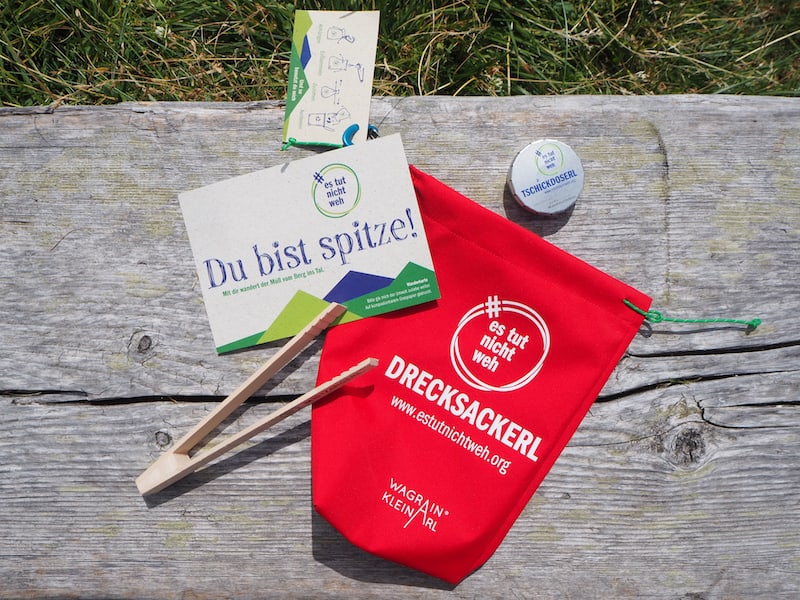
… and for promoting active rubbish gathering through this initiative #estutnichtweh (it doesn’t hurt).
Sustainable hotels in Wagrain-Kleinarl: Hotel Lärchenhof & Hotel Guggenberger.
Both Manuela Guggenberger, our host for the night, and Claudia Bernhofer-Weiss, our host for a long and enjoyable lunch, enchant us with their efforts in promoting sustainable development. There is much talk of harvesting organic fruit and vegetables from their own gardens, of regional food coops, of working together on promoting sustainable travel activities.
On her website, Claudia provides information about her “magic cuisine” as she calls it, alternative diets and the possibility to take part in one of her much-praised cooking classes (I really have to come back for one of them!). The ambience of the family-run four-star hotel is also a dream. I really like it here – even though we are only guests for a very short time!
Manuela Guggenberger, for her part, loves to serve us culinary surprises and insider tips: I still dream of our Alpini, a herbal vermouth made in Wagrain-Kleinarl. The “organic from the valley” cheese board is served every morning during breakfast, and rightly so, it is quickly eaten every time.
Children, hikers, guests with four-legged friends: Hotel Guggenberger unites a colourful, happy clientele. “We have been awarded the Austrian Eco-label for our hotel only recently”, Manuela explains. “For me, sustainability means looking at everything with love and an effort to constantly keep improving. I also encourage my team to do so, and to learn what else is possible for our business.”
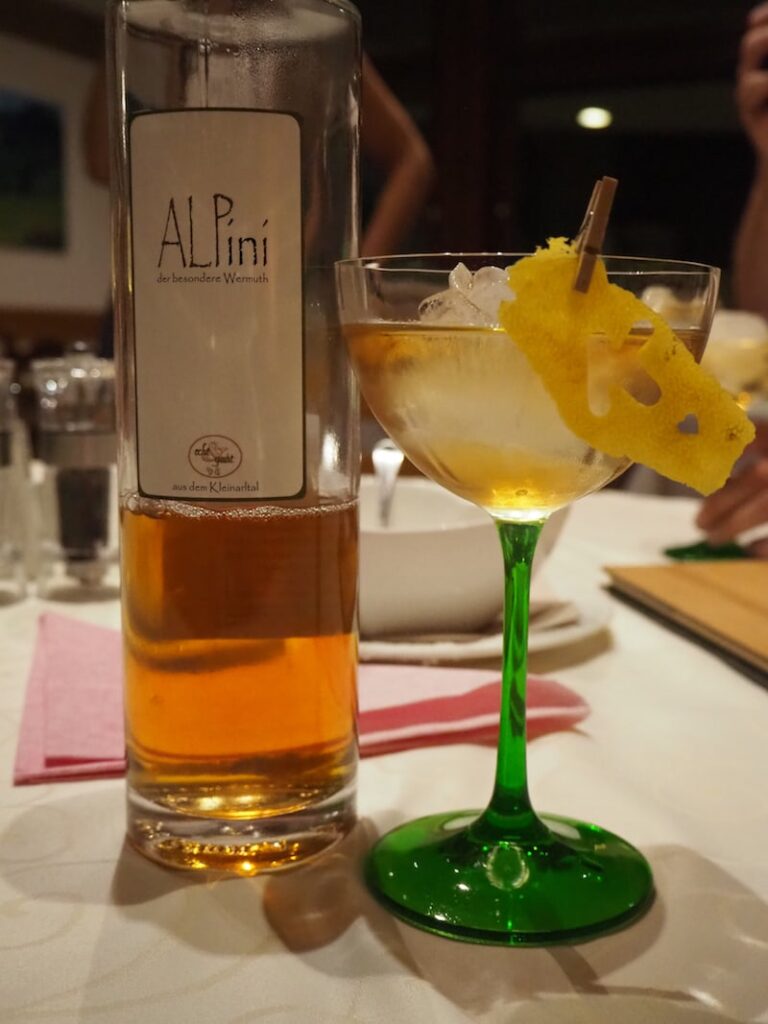
… the Alpini herbal vermouth, beautifully served in a glass with ice rose and gold leaf, will certainly remain in my memory for a long time to come.
Check out further travel photos from our stay in Wagrain-Kleinarl:
Disclaimer: I have been invited by Wagrain-Kleinarl in Salzburg in cooperation with the Austrian Eco-Label. All opinions are my own.
